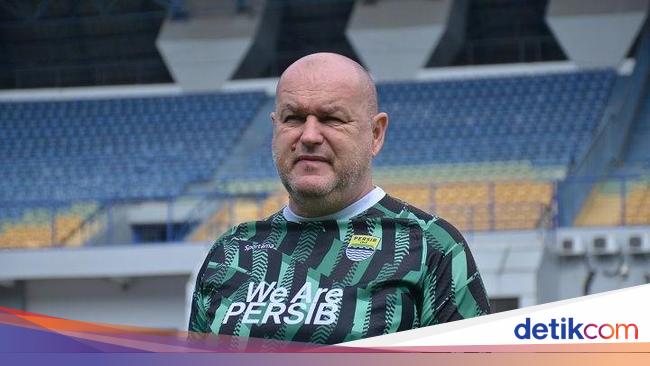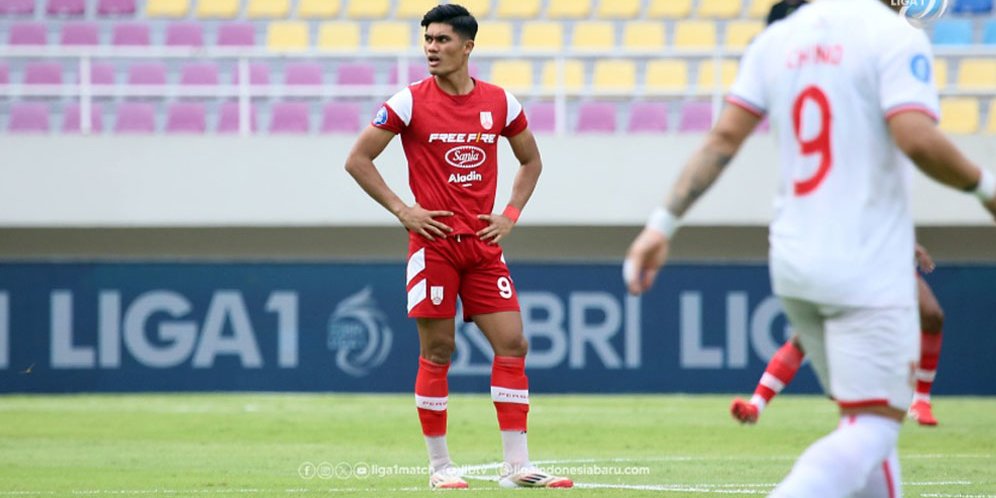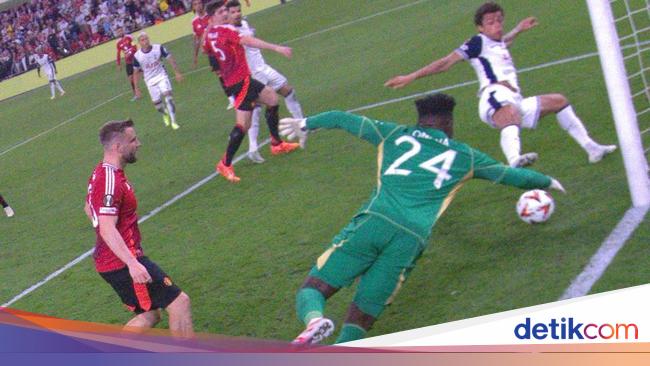Persib Bandung recently made headlines when they filed a lawsuit against former head coach Luis Milla for breach of contract. The Indonesian football club claimed that Milla had abruptly terminated his contract without justification, causing financial loss and damage to the team. However, their legal battle took an unexpected turn when the Court of Arbitration for Sport (CAS) ruled in favor of Milla and ordered Persib to pay him over Rp300 million in unpaid wages plus interest.
The dispute between Persib and Milla began in 2018 when the Spanish coach was hired to lead the team. However, after just a few months in the role, Milla decided to resign citing personal reasons. Persib argued that Milla’s resignation was a breach of contract and demanded compensation for the remaining period of his contract. Milla, on the other hand, claimed that he had valid reasons for leaving and that Persib had failed to fulfill their obligations towards him.
After months of legal wrangling, the case was brought before the CAS, an independent body that arbitrates disputes in the world of sports. In their ruling, the CAS panel found that Milla had indeed breached his contract by resigning without proper justification. However, they also found that Persib had failed to pay Milla his full salary during his tenure at the club, which amounted to over Rp300 million. As a result, Persib was ordered to pay Milla the outstanding wages plus interest, totaling a significant sum of money.
The ruling was a blow to Persib, who had hoped to recoup some of the losses incurred due to Milla’s sudden departure. The club now faces the prospect of having to pay a hefty sum to their former coach, further adding to their financial woes. Meanwhile, Milla can breathe a sigh of relief knowing that justice has been served in his favor.
This case serves as a reminder of the importance of honoring contracts and fulfilling obligations in the world of professional sports. Both clubs and coaches must adhere to the terms of their agreements to avoid costly legal battles and disputes. In the end, it is the players and the fans who suffer when such conflicts arise. Hopefully, this ruling will prompt both parties to act more responsibly and professionally in the future to avoid similar situations.








